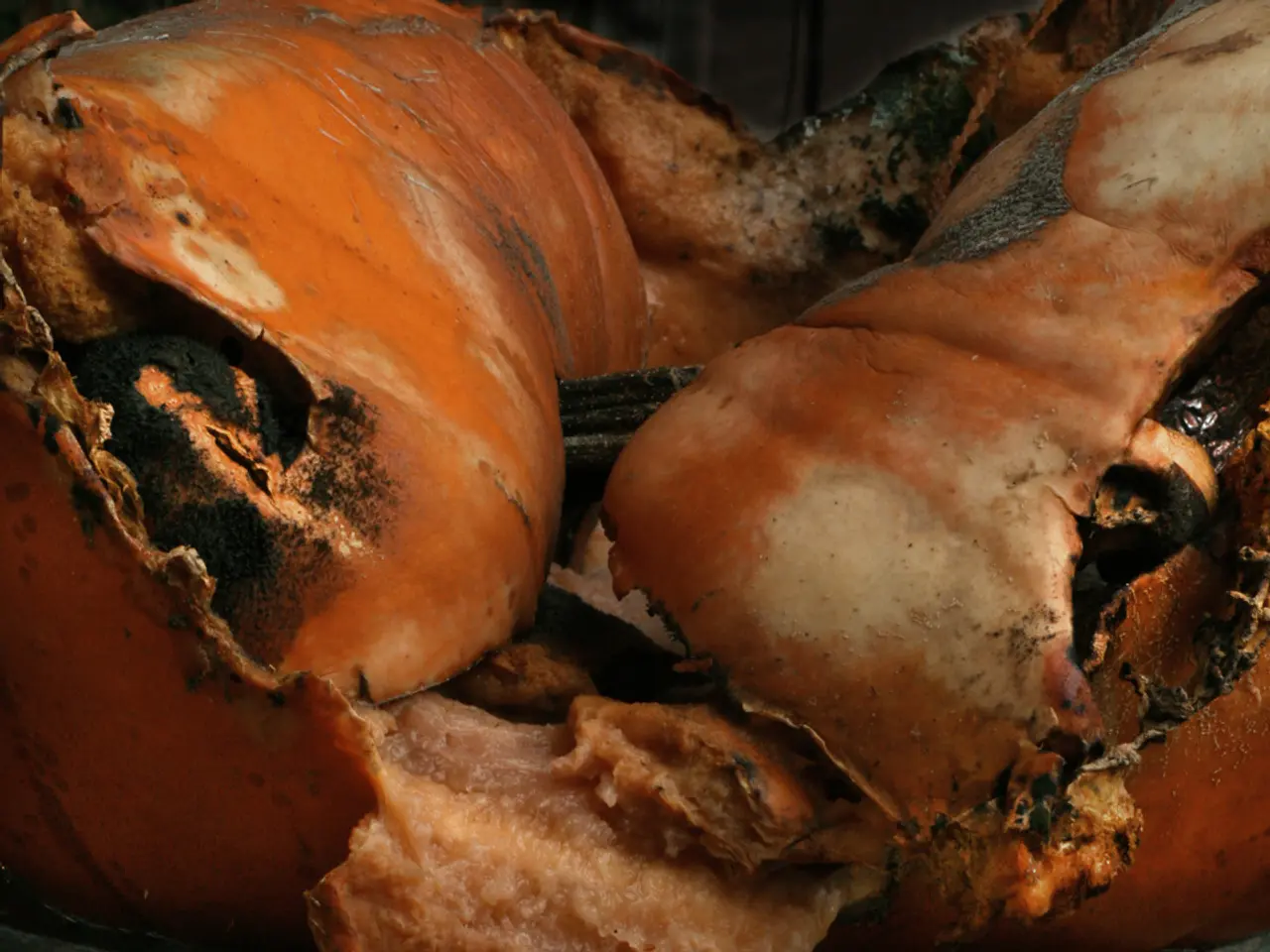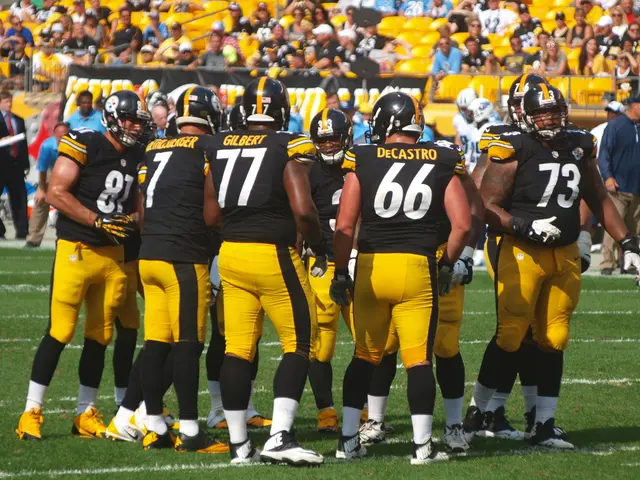Protesting Meat Ban Enacted on Independence Day by Maharashtra's Ruling Parties Sparks Outcry from Opposition
In the Kalyan-Dombivli Municipal Corporation (KDMC) area and beyond, protests erupted against the meat ban on Independence Day, 2025. This ban, which affected meat shops and abattoirs for 24 hours, was perceived as an infringement on individual rights, cultural practices, and economic livelihoods.
Reasons for the Protests
The Khatik community, traditionally involved in the meat trade, led protests due to the ban's impact on their livelihood and cultural practices. Opposition leaders, such as Congress and Shiv Sena (UBT), criticized the ban, arguing it violated people's fundamental right to choose what to eat. The ban on Independence Day, a national celebration symbolizing freedom, was seen as especially offensive and contradictory to the spirit of independence. Economic concerns were also raised, with meat sellers' associations emphasizing the disruption caused by shutting down shops for a day.
Political Reaction
Opposition parties, including Congress, Shiv Sena (UBT), MNS, AIMIM, and others, organized demonstrations with live roosters and chickens, and even symbolic acts like AIMIM leader Imtiaz Jaleel's "biryani party" to highlight opposition to the ban. Some ruling and allied politicians, such as Deputy Chief Minister Ajit Pawar, publicly disagreed with the ban, citing cultural dietary practices across Maharashtra's diverse communities. The BJP and NCP, allies in the state government, showed some internal conflict over the ban, with BJP-linked local bodies issuing the orders, and NCP leaders criticizing it as unconstitutional and politically divisive.
History and Context of the Policy
The meat ban orders issued by civic bodies like KDMC and Chhatrapati Sambhajinagar Municipal Corporation are not limited to Independence Day alone but also apply to other religious occasions such as Gokul Ashtami and Paryushan Parva. These bans have sparked controversy for imposing a particular community's religious morals on others. The orders fall under the Maharashtra Municipal Corporation Act, 1949, with threats of action against violators, indicating formal legal backing for enforcement despite public backlash.
In summary, the meat ban on Independence Day in Mumbai and adjoining areas triggered protests mainly due to perceived violations of individual freedoms, economic harm to meat sellers, and political tensions between cultural sensitivity and secular governance. The policy roots in attempts to respect religious festivals but has ignited political and social debate over state authority versus personal liberty and cultural pluralism.
Jaleel stated that the government should not tell people what they can and cannot eat, criticizing Chief Minister Devendra Fadnavis for not withdrawing the meat ban order. Apart from KDMC and Chhatrapati Sambhajinagar, municipal corporations in Nagpur, Nashik, and Malegaon also issued similar orders. Violation of this order could result in action under the Maharashtra Municipal Corporation Act, 1949. However, CM Fadnavis maintained that the state government is not interested in regulating people's food choices.
Read also:
- United States tariffs pose a threat to India, necessitating the recruitment of adept negotiators or strategists, similar to those who had influenced Trump's decisions.
- Weekly happenings in the German Federal Parliament (Bundestag)
- Southwest region's most popular posts, accompanied by an inquiry:
- Discussion between Putin and Trump in Alaska could potentially overshadow Ukraine's concerns








